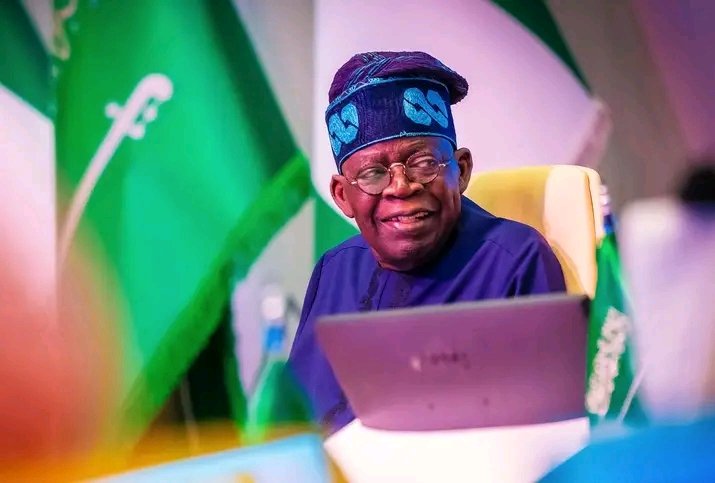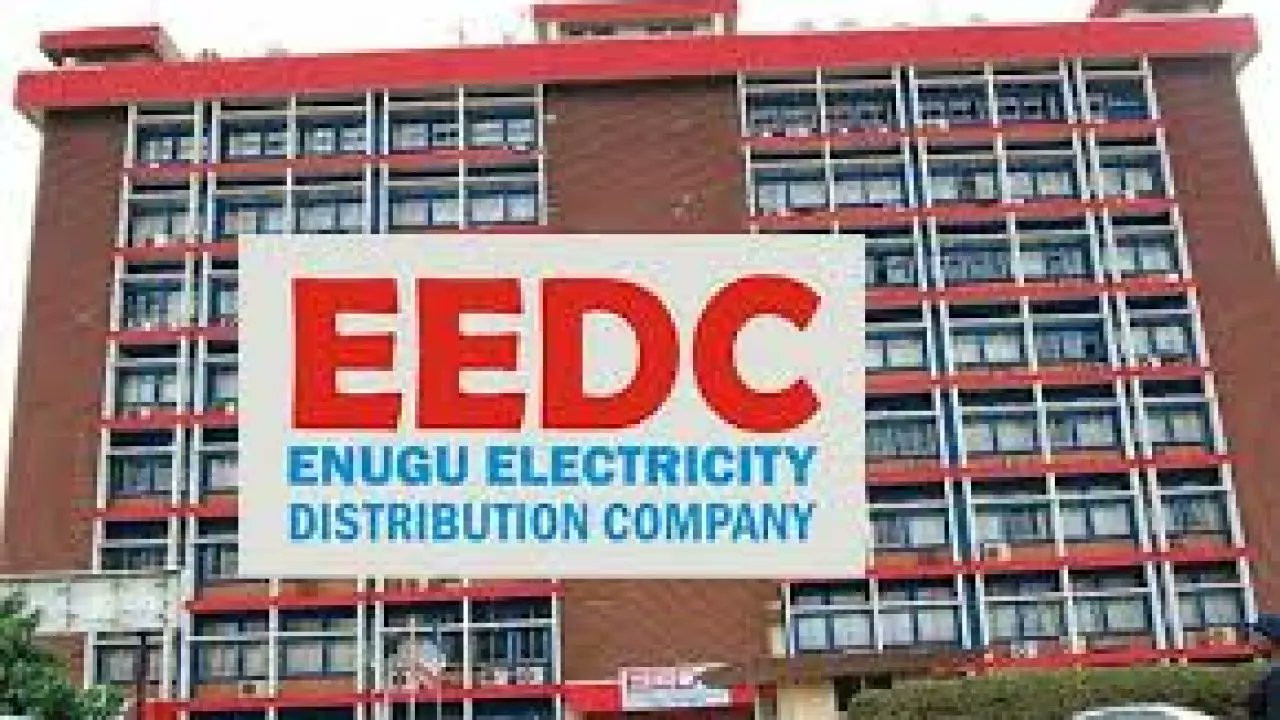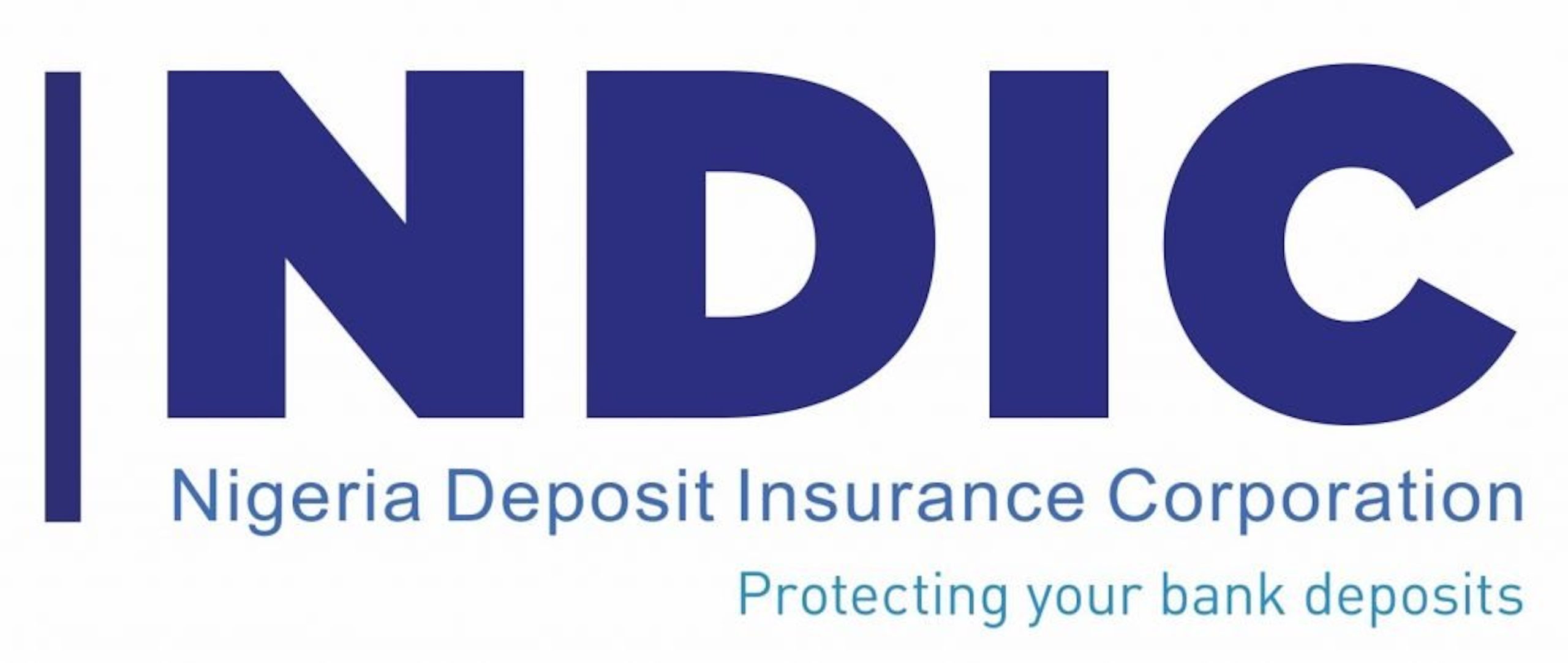Top government officials, anti-graft agencies, civil society leaders and development partners yesterday said corruption in Nigeria remained a violation of human dignity.
Raising concerns over legal and economic losses, the Federal Government at the African Anti-Corruption Day 2025 in Abuja said corruption in Nigeria must be tackled not only as an economic or legal problem, but as a fundamental threat to human rights and dignity.
The high-level seminar, themed “Promoting Human Dignity in the Fight Against Corruption”, was organised by Nigeria’s Inter-Agency Task Team (IATT), a coalition of 21 anti-corruption and accountability institutions coordinated by the Technical Unit on Governance and Anti-Corruption Reforms (TUGAR).
Delivering a keynote address on behalf of the Attorney General of the Federation and Minister of Justice, Lateef Fagbemi (SAN), the Solicitor-General of the Federation, Beatrice Jedy-Agba, decried the multiplier impacts of corruption on the country.
“When funds meant for hospitals are diverted, it is not just policy failure; it is a denial of the right to life and health. When education budgets are misappropriated, it robs generations of their future. The fight against corruption, therefore, is a moral imperative rooted in justice and humanity,” Fagbemi said.
He warned against anti-corruption practices that infringe on civil liberties, urging law enforcement agencies to ensure due process, fairness, and objectivity.
According to him, investigations must be impartial and prosecutions must follow lawful procedures.
Head of TUGAR, Jane Onwumere, stressed the importance of collective efforts in safeguarding public resources.
She described corruption as “a direct assault on the human dignity enshrined in Nigeria’s 1999 Constitution and the African Charter on Human and Peoples’ Rights.”
“This year’s theme reminds us that anti-corruption is not just about punishing wrongdoers, but about restoring fairness and equity to public life,” Onwumere said while thanking development partners including the UN Office on Drugs and Crime (UNODC), European Union, MacArthur Foundation and the Centre for Democracy and Development (CDD) for supporting the event and broader reform efforts.
Executive Secretary of the Nigeria Extractive Industries Transparency Initiative (NEITI) and Chair of the IATT, Dr Orji Ogbonnaya Orji, said the anti-corruption struggle must evolve beyond legal reforms and asset recovery.
“Corruption is a direct attack on human dignity. It deprives people of clean water, justice, education and healthcare,” he said.
Orji announced that NEITI’s commitment to transparency now includes partnerships with human rights institutions to protect civil society organisations and journalists working in extractive governance.
He also highlighted Nigeria’s leadership in the West African Beneficial Ownership Transparency Forum, which he co-chairs, stating: “We are committed to dismantling secrecy in corporate ownership and tackling illicit financial flows across borders.”
The IATT used the event to call for deeper regional cooperation in intelligence sharing, asset recovery, and harmonisation of legal frameworks. Speakers also emphasised the need for civic education, youth engagement, and service-oriented governance to address corruption from its roots.






